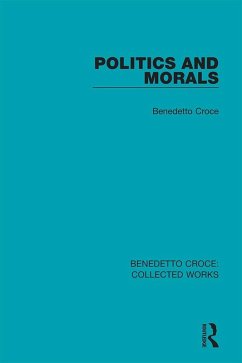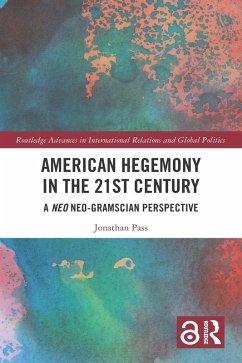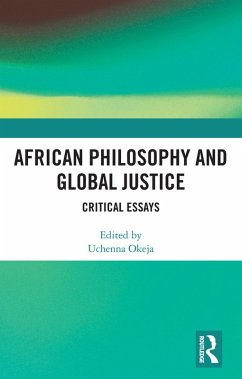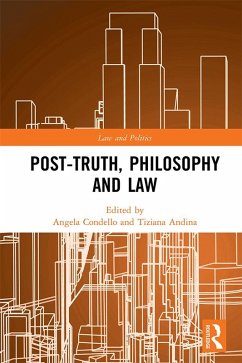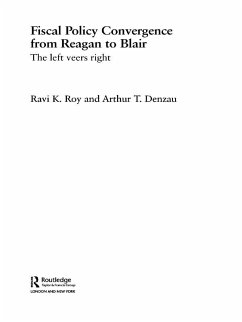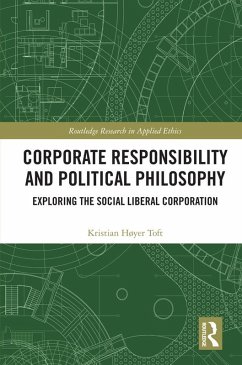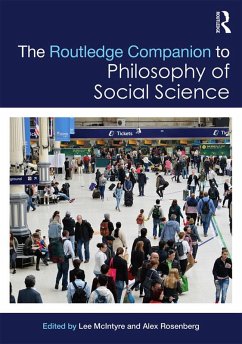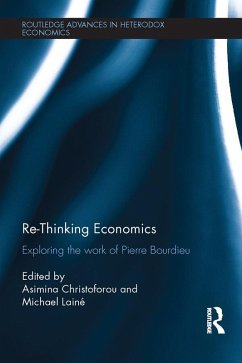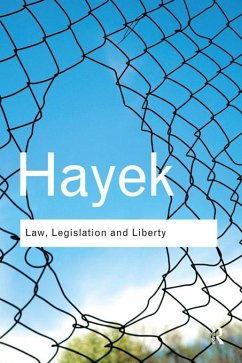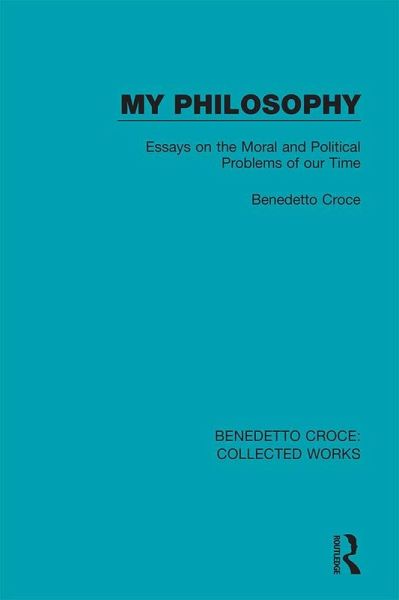
My Philosophy (eBook, ePUB)
Essays on the Moral and Political Problems of our Time
Übersetzer: Carritt, E. F.

PAYBACK Punkte
17 °P sammeln!
Originally published in 1949, Croce's essays on political, philosophic and aesthetic subjects, selected from both his earlier and later writings possess a remarkable underlying unity. The political essays which form a major part of this volume display a criticism, either direct or implied of the mass creeds and movements that subordinate the individual to history. They combine a passionate belief in liberty with critical and historical judgment.
Dieser Download kann aus rechtlichen Gründen nur mit Rechnungsadresse in A, B, BG, CY, CZ, D, DK, EW, E, FIN, F, GR, HR, H, IRL, I, LT, L, LR, M, NL, PL, P, R, S, SLO, SK ausgeliefert werden.




